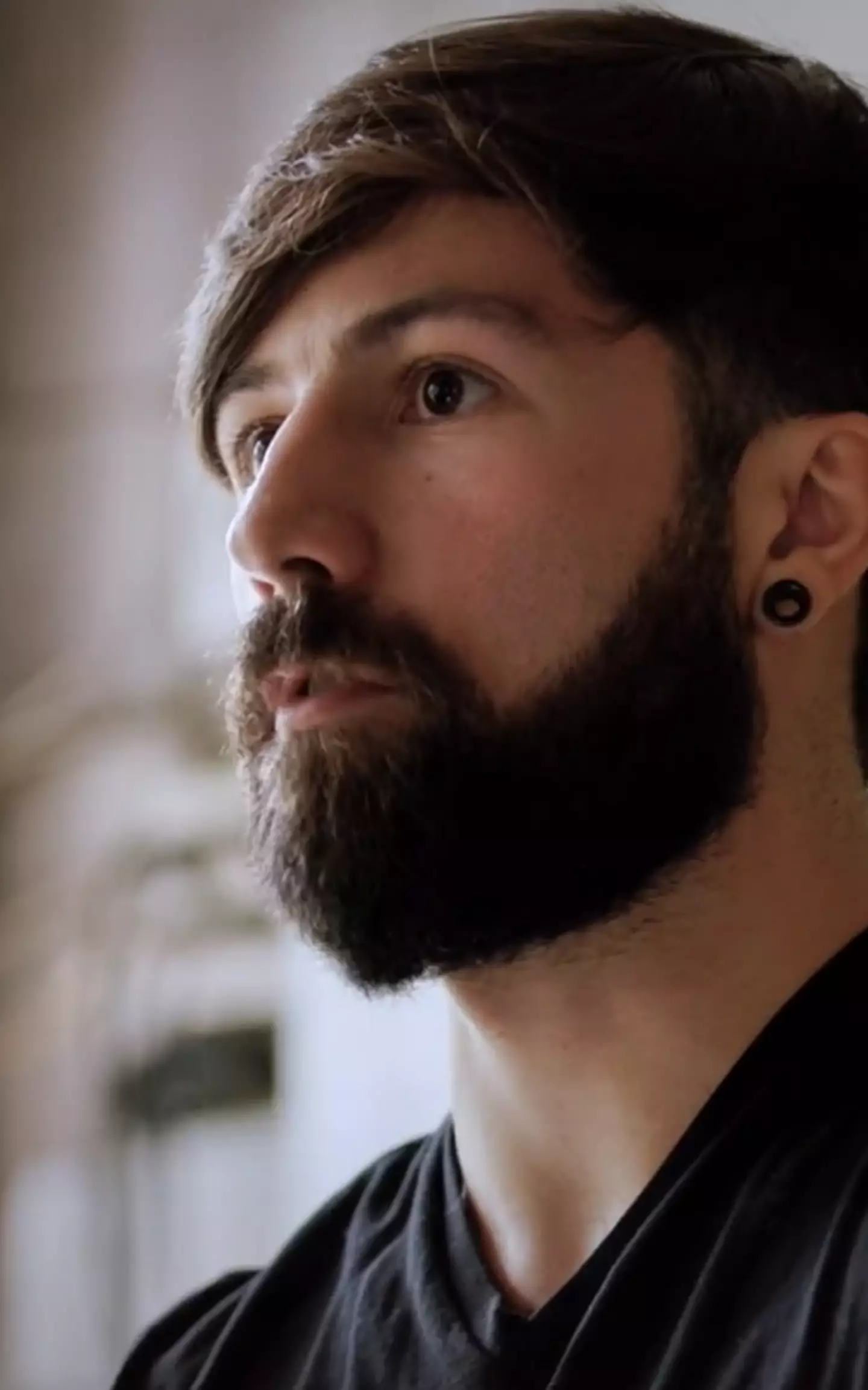
A man has attempted to tackle his sleep paralysis by recreating his terrifying nightmares.
For those who don't know, sleep paralysis is where you're waking up or falling asleep but can't move or say anything at all - it can last up to several minutes and sounds absolutely terrifying.
People affected by sleep paralysis may feel like someone is in the room with them or that something is pushing them down while they are awake but immobile, which is a very frightening experience.

Advert
Luckily, the NHS says most people will only get it once or twice in their life, though that's scant comfort for those unfortunate few who have a more permanent sleep paralysis problem.
Photographer Nicholas Bruno has suffered from sleep paralysis since he was six years old, and he is using his skills to recreate his dreams and hopefully find an escape from his fears.
During sleep paralysis your body is in sleep mode but your brain is active, and Bruno is giving his brain a way to recognise and overcome his nightmares so he isn't trapped immobile and terrified.
'If you feed into the fear of a dream it lasts a lot longer, but if you make sense of the dream you can escape it', he said.
He's found the best solution is to 'be as rational as possible so I can break free from the dream'.
If you want to minimise the chances of getting sleep paralysis, and let's face it why would you ever want to experience it, then it's recommended that you try to get a healthy eight hours of sleep each night.
A regular sleep pattern seems important, so try to go to bed and get up at similar times of the day.
Exercise is good, so long as you don't do it up to four hours before you go to bed, and you should also avoid things like eating a big meal, smoking or drinking caffeine shortly before bed.
One final tip is to try and avoid sleeping directly on your back, as apparently this can make sleep paralysis more likely.
If you have a story you want to tell, send it to UNILAD via [email protected]
Topics: TikTok